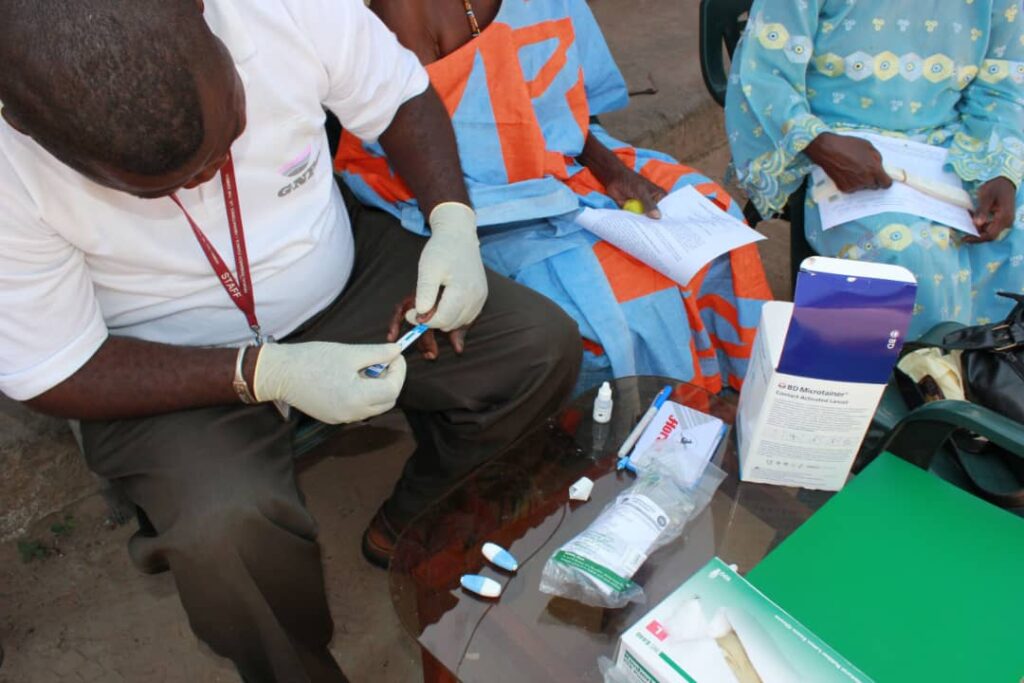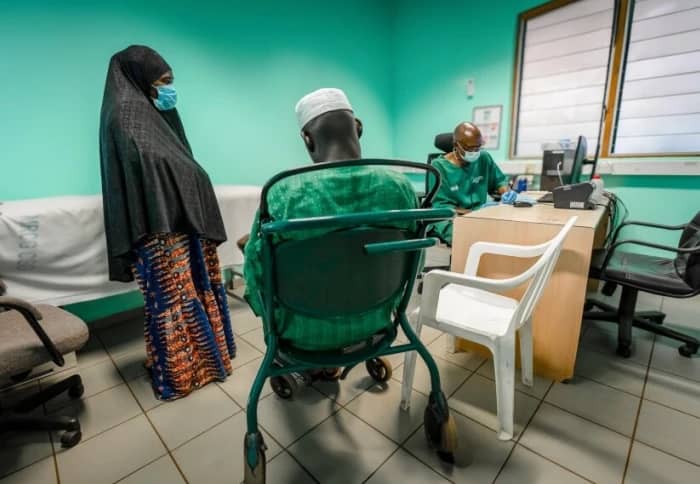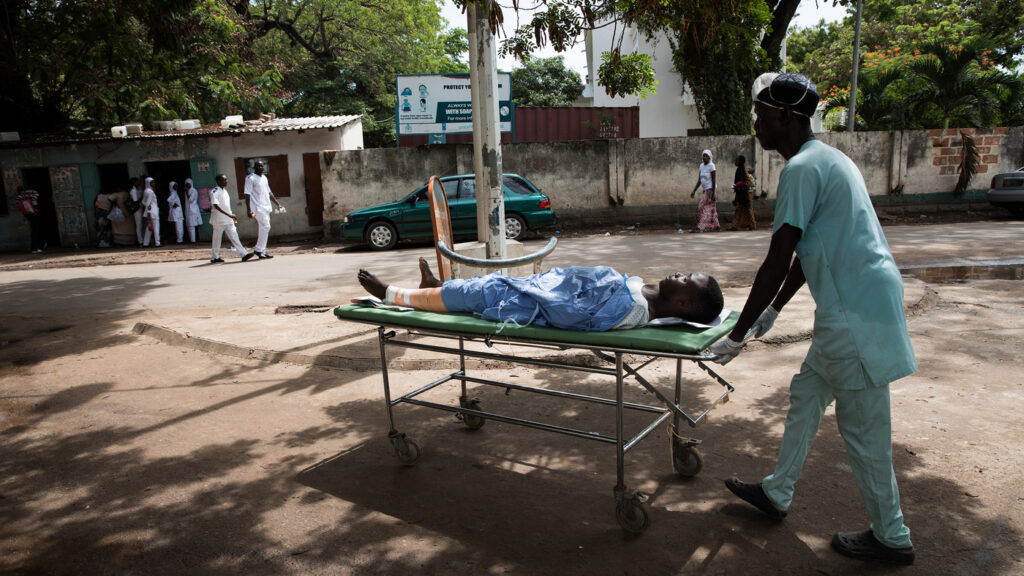
The Gambia is facing a health crisis that has remained under the radar, hepatitis B. Affecting approximately 10% of the population, about 270,000 people, this disease is silently claiming lives and causing irreversible liver damage. Despite its alarming prevalence, hepatitis B remains one of the most underreported health issues in the country.
The Silent Epidemic
The country’s struggle with hepatitis B dates back to 2010, when the government, in collaboration with the Medical Research Council (MRC) and Imperial College London, initiated the Prevention of Liver Viruses and Cancer in Africa programme. The initiative aimed to increase awareness, enhance screening, and provide treatment, focusing on high-risk populations in The Gambia, Senegal, and Nigeria.
Between 2010 and 2015, more than 20,000 Gambians, mostly adults over 30 – were screened for hepatitis B. The findings were alarming: many individuals, though asymptomatic, had already suffered severe liver damage. Over 150,000 people were enrolled in treatment programmes, and 1,500 were diagnosed with hepatitis B and started on life-saving treatments. Despite these efforts, the disease continued to spread, with deaths from chronic hepatitis B-related complications, such as cirrhosis and liver cancer, on the rise.
The Growing Crisis
By the time the national hepatitis B control campaign was rolled out, hepatitis B-related deaths had surged. The Ministry of Health reports that the death toll from hepatitis B-related conditions now exceeds 1,000 annually. However, a more concerning recent development has come to light: reports from hospitals indicate that in the past few months alone, the death toll has escalated significantly, with over 200 new hepatitis B-related fatalities in the country. For most Gambians, the disease remains a distant threat, often going unnoticed until it’s too late.
A Patient’s Story
Maraima Sowe, a 46-year-old mother of five, was diagnosed with liver cirrhosis in 2024. Like many, she was initially misled by misinformation.

“The sickness started turning my body yellowish, with my eyes and urine also yellow. I was feeling extreme heat and pain inside my body. But I was told this was yellow fever and that I shouldn’t go to the hospital because if I did, they would vaccinate me, and I would die,” she recounts.
Misguided by relatives, she resorted to traditional medicine, which only worsened her condition. Eventually, Maraima sought treatment at the MRC in Fajara, where she was diagnosed with liver cirrhosis. Now under medical care, she travels every two months from her hometown of Basse, approximately 370 kilometres (230 miles) away, to Fajara for treatment – a journey that costs her over 4,000 dalasis per trip.
The Risk to Males
At the Edward Francis Small Teaching Hospital in Banjul, a senior nurse Saydiba Tamba sheds light on the gendered impact of hepatitis B.
“The most vulnerable group is males,” he explains. “Hepatitis B ranks third among liver cancers for the general population but is the leading cause of liver cancer in males.”
The statistics are grim. “Every month, we receive about three patients with liver cancer. Once cancer is confirmed, they typically have only one to two months to live,” Tamba says. By the time patients reach the hospital’s National GI Liver Disease Clinic, many are already in the terminal stages of liver disease.
A Silent Epidemic
The clinic is overwhelmed with advanced cases, underscoring the urgent need for early detection and intervention.
“By the time they come to us, the damage is often too extensive for effective treatment,” Tamba notes. The lack of early detection and the stigma surrounding the disease compound the crisis.

Prevention and Awareness
In response, the Ministry of Health has launched a national hepatitis B control campaign to increase awareness, provide education, and make testing more accessible. However, stigma and inadequate screening remain significant barriers. Health officials estimate that the true number of untreated hepatitis B cases is much higher than reported, as many avoid seeking help due to fear of judgment.

“Awareness and regular check-ups are crucial,” Tamba emphasises. “This could be prevented by sensitising people to get tested, know their status, and seek treatment.”
Causes
Research from the Mayo Clinic in Rochester, Minnesota, USA indicates that Hepatitis B is caused by the HBV virus, which spreads through blood, semen, and other body fluids.
It can be transmitted through unprotected sex, sharing contaminated needles, being injured by a used needle, blood transfusion and from an infected pregnant person to their baby during childbirth.
The Mayo Clinic also highlights that healthcare workers and others exposed to human blood are at a higher risk of infection.
While the virus can be passed from mother to baby, vaccination can prevent infection in most cases.
A Call to Action
The Gambia’s fight against hepatitis B requires a coordinated effort. Health experts stress the need for early detection, better healthcare access, and sustained public awareness campaigns. Without these measures, the disease will continue to devastate families and communities.
By Adama Makasuba










Recent Comments